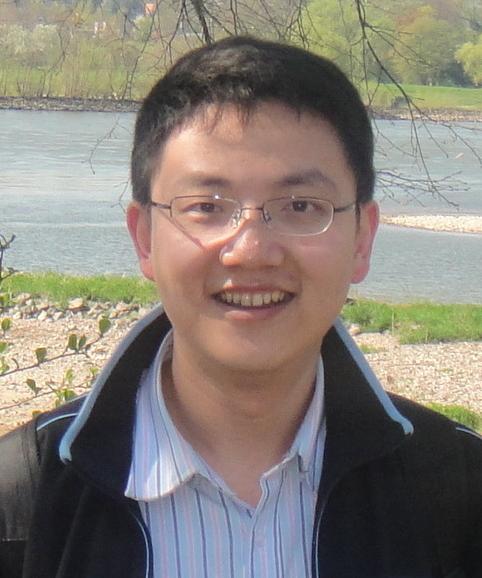Quantum Physics and Quantum Information
- Division research focus
-
This division focuses on fundamental problems of quantum theory and advanced applications of quantum technologies.
For the fundamental part, we are currently interested in problems including quantum measurement theory, quantum thermal dynamics, quantum uncertainty relation, and quantum information of black hole;
For the application part, we study atomic magnetometer/gyroscope, quantum walk, optomechanics and quantum computing using both theoretical and experimental methods.
Division Research Areas




